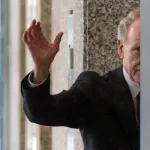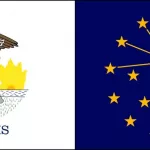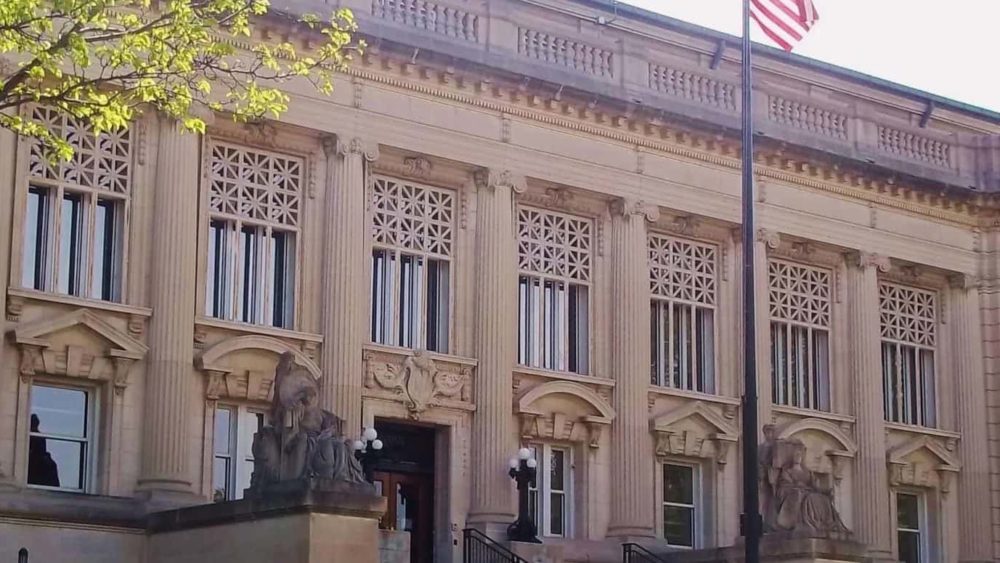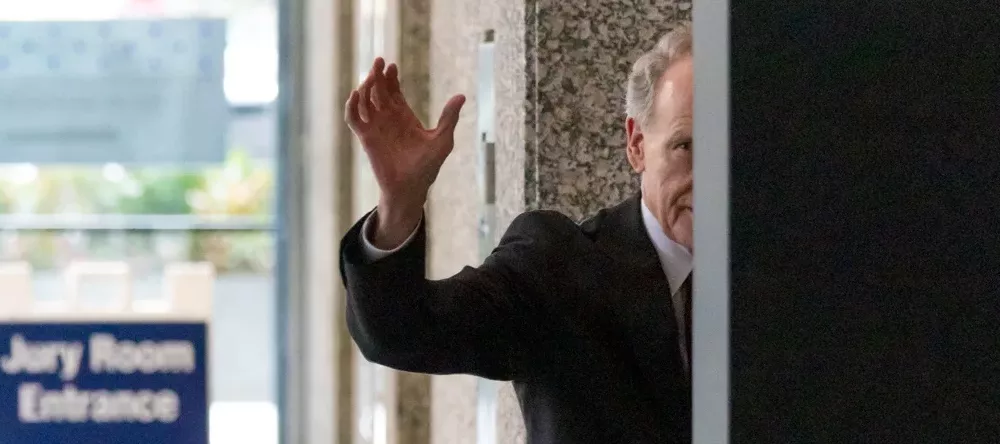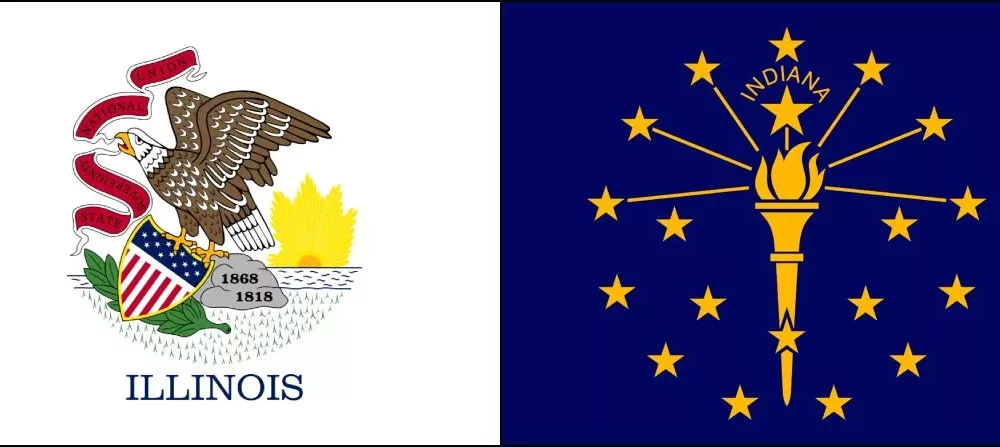SPRINGFIELD, Ill. (IRN) — Illinois’ gun and magazine ban will be the focus of an Illinois Supreme Court hearing Tuesday in Springfield.
After the ban on more than 170 semi-automatic firearms was enacted Jan. 10, lawsuits were filed in both state and federal court.
In federal court, the challenges center around the Second Amendment right to keep and bear arms. Several of those cases were consolidated Friday and are pending in the U.S. Seventh Circuit Court of Appeals.
U.S. Supreme Court Justice Amy Coney Barrett is also considering an emergency injunction against the law filed by plaintiffs in a case from Naperville. Through a letter from the Illinois solicitor general Friday, Illinois notified Barrett of the expedited hearing schedule in the appellate court.
“Attached please find an order by the United States Court of Appeals for the Seventh Circuit entered [Friday], which: 1) set an expedited briefing schedule for five pending appeals also involving Second Amendment challenges to the Protect Illinois Communities Act and scheduled oral argument in those appeals and the appeal in the above-referenced case for June 29, 2023; and 2) extended the stay of the preliminary injunction entered in Barnett v. Raoul, No. 3:23-cv-209, until all six appeals are resolved,” the letter said.
In state court, challenges focus on allegations the law violates equal protection rights because the gun ban does not apply to police, retired police and others in the law enforcement and security sectors.
Attorney Jerry Stocks secured temporary restraining orders protecting named plaintiffs out of Macon County, including state Rep. Dan Caulkins, R-Decatur. The state directly appealed to the Illinois Supreme Court after the Illinois’ Fifth District Appellate Court said a separate but similar challenge had a likelihood of advancing on the merits. Stocks said that, among other issues, the case is ripe for the state’s high court.
“Think about it, we have a majority of the sheriffs, state’s attorneys saying they won’t enforce, they’re going to nullify a law,” Stocks said in March. “We have persons, the perspective we have, that consider the law an extreme encroachment of a fundamental liberty, a fundamental right.”
Stocks said there are a lot of eyes on the case.
“If the Supreme Court of Illinois wants to dodge confronting the issues head on, they’re going to find a thousand different reasons to do so,” Stocks said. “But I think every level of the judiciary that’s confronting this well recognizes the significance of the case, the issues presented and the tough decisions they need to make.”
The court denied Stocks’ motion for the recusal of Supreme Court Justices Elizabeth Rochford and Mary O’Brien. When they were candidates for the bench last year, the two received hefty campaign contributions from defendants Gov. J.B. Pritzker and House Speaker Emanuel “Chris” Welch, D-Hillside. Pritzker dismissed concerns that the contributions are a conflict of interest.
“If you’re suggesting that the fact that I gave money to let’s say the Democratic Party or the committees that supported candidates means that everybody who’s received any money has to recuse themselves from anything to do with the state of Illinois, that’s ridiculous,” Pritzker said in March. “And I’ve certainly never asked anybody to vote a certain way or decide on a case a certain way. I would never do that. I never have and I never will.”
Pritzker gave each of the two then-candidates $1 million. Welch gave six-figure contributions to each.
In her order denying Stocks’ motion, Rochford said previous precedent “cautioned that courts must consider whether attacks on a judge’s impartiality are ‘simply subterfuge to circumvent anticipated adverse rulings.’”
“Plaintiffs cast sinister aspersions that contributions to my campaign committee were made to influence the instant litigation,” Rochford said in April. “Plaintiffs provide no factual basis for those aspersions.”
Stocks stood by his motion.
“The suggestion that as movants raising the issue that we had a burden of proof to show actual impartiality on the part of the justice is a contention with which we disagree,” Stocks told The Center Square in an email. “The decision has been made and we turn to the merits of the challenge to the facially unconstitutional law. It is premature to determine the remedy, if any, for the participation of the Justices if our view is valid.”
The Caulkins v. Pritzker case will be the second case heard Tuesday beginning at 9 a.m. and streamed at the website IllinoisCourts.gov.
It’s expected the justices will take the case under advisement with a ruling forthcoming.
By GREG BISHOP for the Illinois Radio Network


